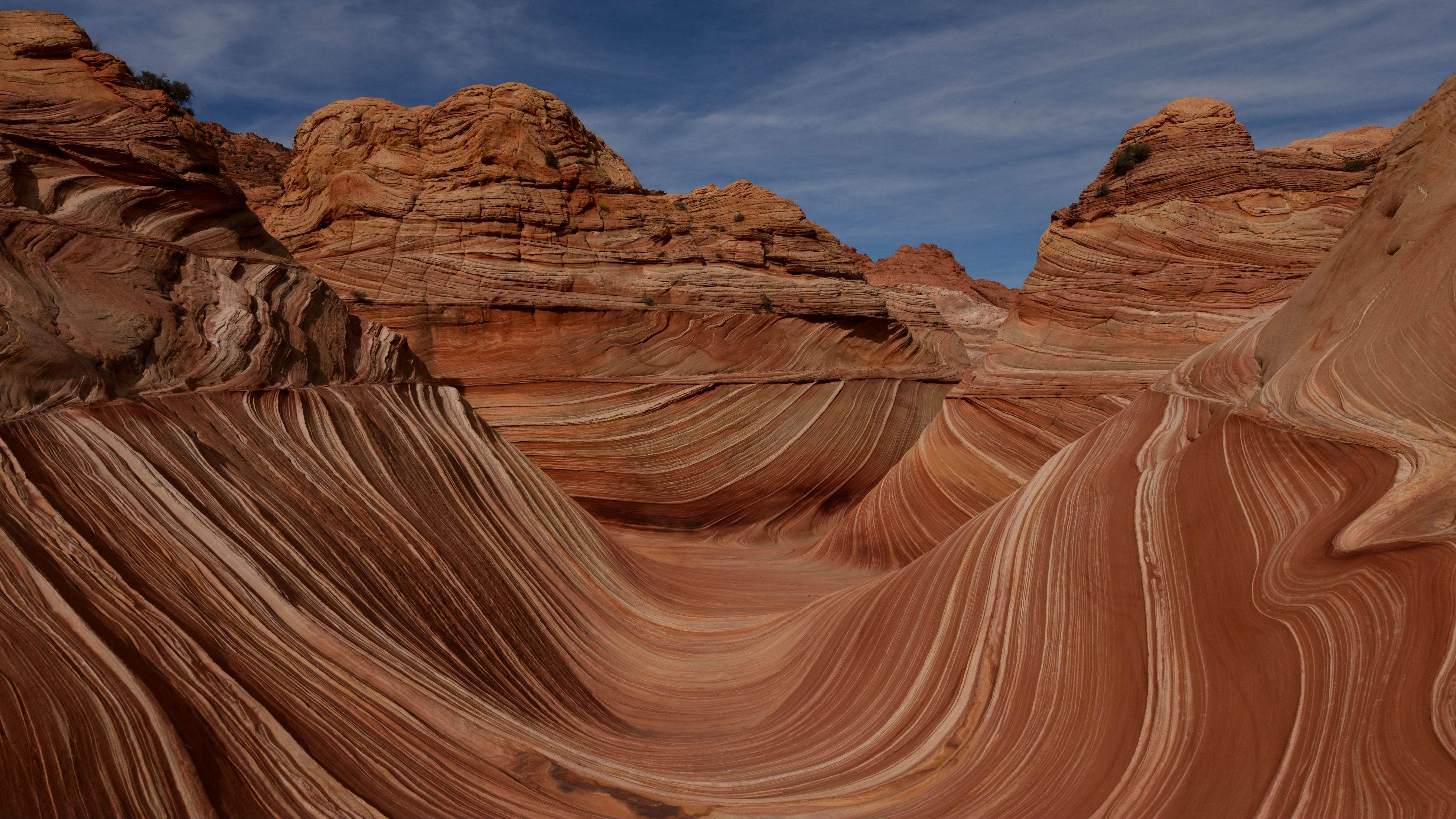The world’s wildest countries
Humans have ‘modified’ 77% of the Earth’s surface. So what remains unspoiled?

A free daily email with the biggest news stories of the day – and the best features from TheWeek.com
You are now subscribed
Your newsletter sign-up was successful
Just five countries contain more than two-thirds of the world’s wilderness, or land untouched by humans, according to a new list made by Australian scientists.
Researchers from the University of Queensland (UQ) and the Wildlife Conservation Society (WCS) have compiled the first comprehensive map detailing what is left of the world’s pristine marine and terrestrial wilderness.
Excluding Antarctica, humans have modified 77% of the Earth’s surface, and 87% of the oceans, they said, after analysing 2016 land data and 2018 ocean data.
The Week
Escape your echo chamber. Get the facts behind the news, plus analysis from multiple perspectives.

Sign up for The Week's Free Newsletters
From our morning news briefing to a weekly Good News Newsletter, get the best of The Week delivered directly to your inbox.
From our morning news briefing to a weekly Good News Newsletter, get the best of The Week delivered directly to your inbox.
According to their results, which are published in the science journal Nature, “most of Earth’s surface has been modified by human activities, and we are running out of time to save what is left”, says ABC Australia.
Five countries have the majority of the remaining wilderness, and one of the researchers, Dr James Watson, told ABC Australia that they should be the countries that shoulder the responsibility to protect it.
“Australia is one of them. The United States in another, Russia, Canada, and Brazil - those five nations hold 70 per cent of all the wilderness, not including the high seas and Antarctica,” he said.
Numerous studies “are revealing that Earth’s remaining wilderness areas are increasingly important buffers against the effects of climate change and other human impacts”, the researchers say in Nature.
A free daily email with the biggest news stories of the day – and the best features from TheWeek.com
But they said the onus must now be on the United Nations and other decision-makers to come up with a target to “stop biodiversity loss in its tracks”.
“It’s time to rethink the strategy, and we’re arguing quite forcefully that we need a bold target,” said Watson.
“We need to say, let’s keep 100 per cent of the last places intact.”
Here are the 20 countries that hold 94% of the natural wilderness, excluding Antarctica and the high seas:
- Russia
- Canada
- Australia
- United States
- Brazil
- France
- Kiribati
- China
- New Zealand
- Algeria
- Libya
- Denmark
- Niger
- Mauritania
- Mali
- Norway
- Chad
- United Kingdom
- Greenland
- Egypt
-
 Political cartoons for February 19
Political cartoons for February 19Cartoons Thursday’s political cartoons include a suspicious package, a piece of the cake, and more
-
 The Gallivant: style and charm steps from Camber Sands
The Gallivant: style and charm steps from Camber SandsThe Week Recommends Nestled behind the dunes, this luxury hotel is a great place to hunker down and get cosy
-
 The President’s Cake: ‘sweet tragedy’ about a little girl on a baking mission in Iraq
The President’s Cake: ‘sweet tragedy’ about a little girl on a baking mission in IraqThe Week Recommends Charming debut from Hasan Hadi is filled with ‘vivid characters’
-
 Greenland’s capital becomes ground zero for the country’s diplomatic straits
Greenland’s capital becomes ground zero for the country’s diplomatic straitsIN THE SPOTLIGHT A flurry of new consular activity in Nuuk shows how important Greenland has become to Europeans’ anxiety about American imperialism
-
 Epstein files topple law CEO, roil UK government
Epstein files topple law CEO, roil UK governmentSpeed Read Peter Mandelson, Britain’s former ambassador to the US, is caught up in the scandal
-
 Iran and US prepare to meet after skirmishes
Iran and US prepare to meet after skirmishesSpeed Read The incident comes amid heightened tensions in the Middle East
-
 Israel retrieves final hostage’s body from Gaza
Israel retrieves final hostage’s body from GazaSpeed Read The 24-year-old police officer was killed during the initial Hamas attack
-
 China’s Xi targets top general in growing purge
China’s Xi targets top general in growing purgeSpeed Read Zhang Youxia is being investigated over ‘grave violations’ of the law
-
 Panama and Canada are negotiating over a crucial copper mine
Panama and Canada are negotiating over a crucial copper mineIn the Spotlight Panama is set to make a final decision on the mine this summer
-
 Why Greenland’s natural resources are nearly impossible to mine
Why Greenland’s natural resources are nearly impossible to mineThe Explainer The country’s natural landscape makes the task extremely difficult
-
 Iran cuts internet as protests escalate
Iran cuts internet as protests escalateSpeed Reada Government buildings across the country have been set on fire